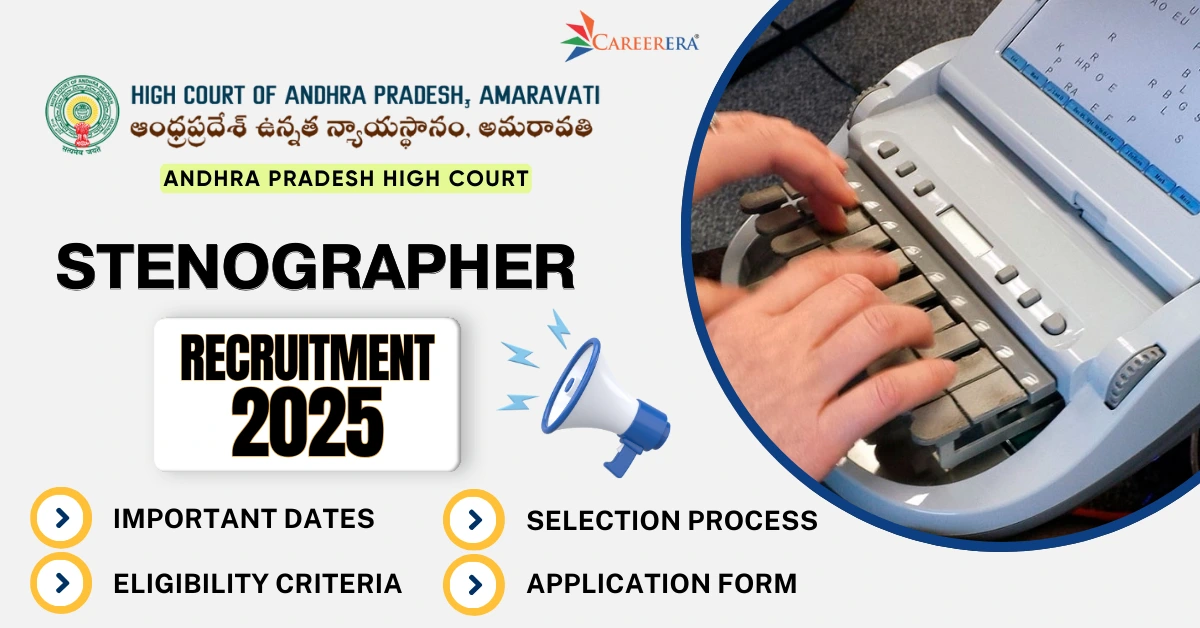Discover the Crucial Abilities and Obligations of a Court Typist in Today's Legal Landscape
As a court typist, you hold a critical position in the lawful system. Your abilities go beyond simply inputting; they include understanding intricate legal terms and procedures while making certain accuracy in every document. You collaborate closely with lawyers and judges, making your duty crucial for reliable interaction. What certain abilities do you require, and how can you adapt to the ever-evolving technical landscape? Allow's explore this additionally.
The Role of a Court Typist in the Judicial System
As the backbone of the judicial system, a court typist plays a crucial duty in ensuring that lawful proceedings are precisely documented. You're responsible for transcribing everything from witness testimonies to courts' rulings, recording every detail with precision. Your work helps keep a permanent and clear record of court activities, which is crucial for future recommendation and appeals.In the court, you're frequently the unsung hero, quietly ensuring that all talked words end up being composed documents. You maintain discretion, understanding the delicate nature of lawful issues. You additionally work together very closely with clerks, attorneys, and courts to assure the smooth circulation of info. By functioning effectively under stress, you add to the general effectiveness of the judicial process. Your focus to detail and commitment to accuracy not just promote the integrity of the court however also sustain the more comprehensive quest of justice in culture.
Crucial Abilities Required for Court Typists
Court typists require an unique mix of skills to master their important role within the judicial system. Primarily, you need to have exceptional keying abilities, often achieving rates of 70 words per minute or more. Precision is essential; even a minor error can lead to substantial misconceptions in lawful records. You'll additionally need solid attention to information, making sure every word is transcribed correctly.Additionally, excellent business abilities are crucial for handling several cases and files efficiently. Being tech-savvy is vital, as you'll make use of different software application for data processing and record management. Strong communication skills assist you communicate with judges, attorneys, and other court employees effectively.Lastly, a feeling of professionalism and privacy is a must, as you'll manage delicate information daily. By developing these skills, you'll be well-prepared to contribute significantly to the court room environment.
Comprehending Lawful Terminology and Procedures
As a court typist, you need to grasp key legal terms and procedures to execute your work efficiently. Recognizing these principles not just helps you transcribe precisely however also ensures you can comply with the circulation of court process. Let's explore the necessary lawful vocabulary and an introduction of court procedures you need to know.

Secret Legal Terms
Recognizing vital legal terms is important for any individual working in a court room setting. You'll frequently come across terms like "plaintiff," which refers to the person launching a legal action, and "offender," who reacts to the claims. Recognizing the distinction between "civil" and "criminal" situations helps you realize the context of the procedures. Experience with "subpoena" guarantees you comprehend the legal records engaging witnesses to indicate. Additionally, terms like "evidence" and "statement" are essential, as they relate straight to the information provided in court. Grasping these terms not just enhances your effectiveness as a court typist but also guarantees that you contribute to the precision and clearness of legal files. Your function depends upon precise terms, so don't take it gently!
Court Procedures Introduction
Familiarity with crucial legal terms establishes the phase for comprehending court procedures. Comprehending exactly how a court room functions is important for any court typist. You'll run into procedures like arraignments, where accuseds hear fees, and movements, which are ask for a court ruling. Familiarize yourself with the roles of attorneys, clerks, and judges, as each plays an essential component in proceedings. Knowing the circulation of a test-- from jury option to closing debates-- aids you properly catch the proceedings - court typist. Furthermore, understanding the value of maintaining a precise and unbiased record can not be overemphasized. By grasping these aspects, you'll enhance your performance in documenting crucial court tasks and add significantly to the legal process. Your role is important in maintaining the honesty of court records
The Effect of Modern Technology on Court Keying In
Modern technology's transformed court inputting in significant ways. With digital transcription devices, you can enhance performance and precision, making your job less complicated than ever. And also, Continued remote court procedures have altered exactly how you approach your job, calling for flexibility to brand-new styles and innovations.
Digital Transcription Devices
As electronic transcription devices remain to develop, they're transforming the method court typists do their duties. These tools streamline the transcription procedure, permitting you to record talked words accurately and successfully. With voice recognition software application, you can record real-time procedures, decreasing hands-on input and lessening errors.Moreover, cloud-based platforms allow very easy accessibility to documents, so you can function collaboratively with legal teams and guarantee everybody's on the same web page. Automated format features save you time on repetitive tasks, letting you concentrate on content quality.Additionally, electronic tools enhance security, shielding delicate details via encrypted storage space and controlled gain access to. By welcoming these innovations, you can boost your productivity and keep the high requirements called for in the lawful field.
Remote Court Proceedings
The increase of remote court procedures has substantially transformed the landscape for court typists. You now depend on modern technology to record and transcribe real-time hearings from your home or workplace. Familiarity with video conferencing platforms is crucial, as you'll need to navigate them effortlessly to guarantee a precise document. You'll additionally need to handle audio top quality, as history sound or connection issues can interrupt your work. In addition, remote proceedings require fast reasoning; you may require to make clear declarations or request repeats in real-time. Remaining organized and effective is vital, as deadlines stay tight. Embracing these technological improvements not only improves your skills however additionally assures you continue to be an indispensable asset in today's advancing lawful setting.
Accuracy and Interest to Detail in Transcription
Precision and interest to information are vital in transcription, specifically for court typists. court typist. Every word counts when you're recording legal process. A single error can change the definition of a statement, potentially affecting the end result of an instance. You need to listen thoroughly, ensuring that you record every subtlety and inflection in the audio speaker's voice.Your ability to catch typos and grammatic mistakes is important. You don't simply type; you confirm that the final paper is an exact depiction of what was stated in court. This needs a keen eye and an extensive understanding of legal terminology.Moreover, you'll require to be familiar with various accents and talking styles, as courts can organize a selection of audio speakers. By honing your precision and focus to information, you'll keep the integrity of lawful files and add markedly to the judicial procedure. Your diligence around absolutely makes a difference

Time Management and Organizational Abilities
While managing several jobs, efficient time administration and organizational abilities are vital for court typists. You'll often handle various target dates, from recording court proceedings to preparing lawful documents. Prioritizing your work is necessary; recognize immediate jobs and tackle them initially to guarantee timely submissions.Organizational abilities enter into play when you're arranging via situation notes, files, and transcripts. Maintaining whatever nicely categorized not just conserves time but additionally lessens the danger of mistake. Using tools like calendars, to-do lists, or specialized software can find more info assist you remain on track and handle your time effectively.Moreover, setting certain goals for each and every work session can enhance your performance. Break larger tasks right into smaller tasks to make them much more manageable. By sharpening these abilities, you'll not only boost your efficiency however also add substantially to the smooth operation of the legal process, ensuring everything runs like clockwork.
Proceeding Education And Learning and Specialist Development Opportunities
Investing in your abilities doesn't stop with time monitoring and company. As a court typist, you'll discover that proceeding education and learning and expert growth are essential to staying affordable in the legal area. Try to find workshops or on the internet programs focusing on innovative inputting techniques, lawful terms, and transcription software program. These can sharpen your skills and aid you adapt to the most recent technologies.Networking is equally important. Sign up with professional organizations like the National Court Reporters Organization (NCRA) or local lawful organizations. They usually use sources, training sessions, and conferences that can boost your expertise and link you with peers.Don' t ignore qualification programs that can improve your trustworthiness and bankability. Staying updated with the current patterns and finest practices in lawful documentation will improve your performance and precision, making you a very useful possession to any lawful team. Purchase your growth, and you'll reap the incentives throughout your job.
Frequently Asked Concerns
What Is the Normal Wage Variety for a Court Typist?
A court typist's normal income arrays from $30,000 to $55,000 each year, relying on experience and location. You might likewise discover possibilities for development with added abilities, resulting in raised pay in the legal area.

Are Court Typists Required to Have a Lawful Degree?
Court typists don't require a lawful degree, but having one can be helpful. You'll frequently discover that solid keying abilities and understanding of lawful terminology are much more important for success in this duty.
What Are the Job Hours for a Court Typist?

How Do Court Typists Guarantee Privacy in Their Work?
You assure discretion by safely managing sensitive documents, utilizing encrypted software application, and complying with stringent find more methods. You stay knowledgeable about personal privacy laws and only share details with licensed personnel, preserving rely on the judicial process.
Can Court Typists Work From Another Location or Freelance?
Yes, you can function remotely or freelance as a court typist, specifically if you have reputable innovation and a safe environment. Numerous lawyers now accept remote work, supplying versatility and opportunities for independent typists. As the backbone of the judicial system, a court typist plays an essential role in ensuring that legal proceedings are properly recorded. As a court typist, you need to grasp essential lawful terms and treatments to perform your job successfully. Understanding these terms not only boosts your effectiveness as a court typist but additionally assures that you add to the accuracy and quality of legal records. The increase of remote court procedures has actually significantly transformed the landscape for court typists. As a court typist, you'll find that proceeding education and learning and professional advancement are necessary to remaining affordable in the lawful field.